Coronavirus: Traveller lockout, quarantine hotels may close
Victoria may scale back the number of returning travellers and use publicly owned assets in a hotel quarantine shake-up.
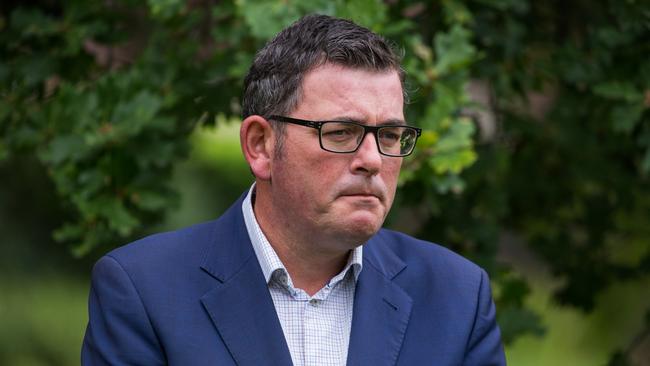
Victoria is investigating dramatically scaling back the number of returning travellers it takes and using publicly owned assets instead of hotels in a major shake-up of its quarantine program.
Senior Andrews government officials are debating the cuts, and the abandonment of dysfunctional centres like the Melbourne Airport Holiday Inn, a possible new front in a row between the states and the Morrison government over who should operate the hotel quarantine program.
The Australian National Audit Office has also launched its own investigation over whether border measures have been informed by sound advice and co-ordinated effectively, with inquiries to also consider whether travel restrictions have been effective.
Sources involved with the talks told The Australian that Victorian Premier Daniel Andrews had raised with national cabinet the possibility of using surplus federal land outside Melbourne to house returnees.
One option open to the Victorian government would be to use facilities around Avalon Airport, near Geelong, allowing returnees to be housed near health centres. But the plan may require new purpose-built accommodation.
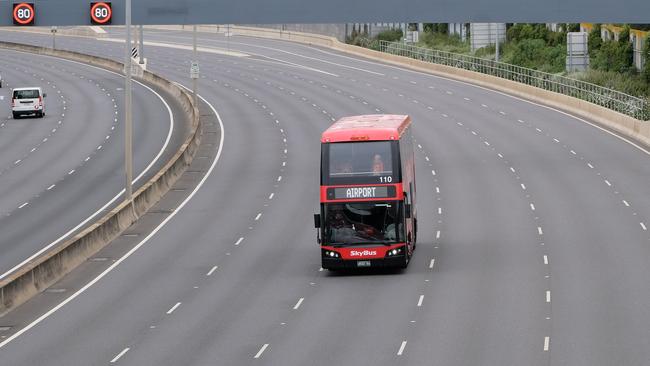
The Australian has been told Mr Andrews was open to emergency steps to stop the spread of the coronavirus from travellers until vaccinations had rolled out.
State Health Minister Martin Foley said on Sunday it was too soon to say whether the current Melbourne lockdown — triggered by a leak of the coronavirus from hotel quarantine — would end at five days. The latest testing figures showed three new infections, including one in hotel quarantine, while others were being investigated.
The intention of the new quarantine strategy being debated by the Victorian government is to allow people only in clear humanitarian need — such as people who had gone broke or were dying — to return to Victoria.
The state’s intake was to rise to 1310 each week from Monday but this has been shelved until the outbreak is controlled.
If Victoria were to back a humanitarian-only policy, weekly numbers could be as low as a few hundred.
Federal Health Minister Greg Hunt said on Sunday that Victoria had a world-class tracing system despite the latest breaches that included a cluster linked to the Holiday Inn. He said it was a matter for national cabinet whether Victoria’s request for Australia to accept lower numbers of returning travellers would be considered.
“Our job is to work with all of the states to help them ensure that their hotel quarantine and the tracing standards are to the highest levels,” Mr Hunt said. “Bringing those people home is a task for all of us, something we work on together.’’
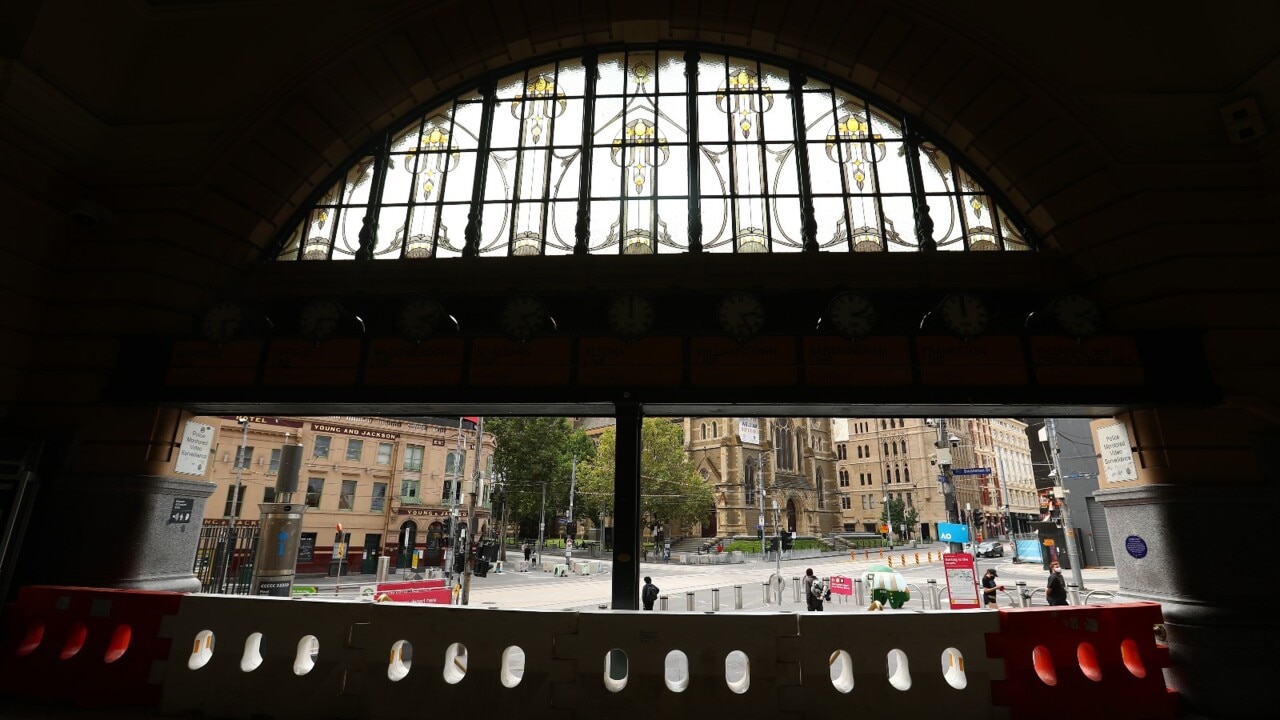
Mr Andrews last week raised the need for debate about an overhaul of hotel quarantine while battling the latest virus outbreak, which has led to nearly seven million people being held in their homes. An Andrews government spokeswoman said on Sunday: “We need to have a national conversation, based on expert advice, about the impact of these new fast-moving, highly infectious strains on quarantine programs and the threat it poses.
“Our priority right now has to be keeping people safe and limiting the spread of the virus, which is why we have paused international arrivals into Victoria.’’
The fallout from the latest lockdown has been profound, with border closures and huge disruption to Victorian businesses.
As travellers face more upheaval in the wake of Victoria’s latest outbreak, the audit office is analysing whether border measures have been informed by sound advice. Travel industry leaders said there was an urgent need to examine the border situation but expressed concern that the audit was limited to only federal agencies, and a final report was not due until November.
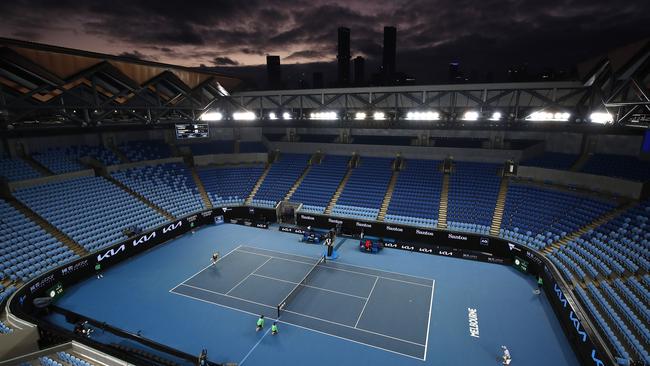
Australian Airports Association chief executive James Goodwin said his members wanted a better co-ordinated and consistent approach from states and territories managing COVID-19 hotspots and controlling borders.
“The current process has been ad hoc and piecemeal, which has created ongoing confusion for airports, airlines and the travelling public,” Mr Goodwin said.
“Improvements are needed now; the community can’t wait months and months for this report to be finalised.”
Australian Tourism Industry Council executive director Simon Westaway was also keen for a co-ordinated approach to border measures sooner.
“The co-ordination isn’t as strong as it could be, and we continue to see differing approaches by the states and territories,” Mr Westaway said.
“That has absolutely shattered confidence in interstate travel, which is the backbone of the industry from an airline perspective and a general tourism perspective.”
Board of Airline Representatives Australia executive director Barry Abrams, who represents some of the world’s largest carriers, said the audit would help understand the need for a well-rehearsed response to major events. “In the case of the one-way green zone with New Zealand, people were filling out bits of paper that were being handed to relevant authorities on arrival because there were no electronic processes in place,” he said.
Qantas and Virgin Australia are considering contributing to the audit. “Our immediate interest is in a national framework for state border restrictions,” a Virgin spokesman said.
ADDITIONAL REPORTING: GREG BROWN

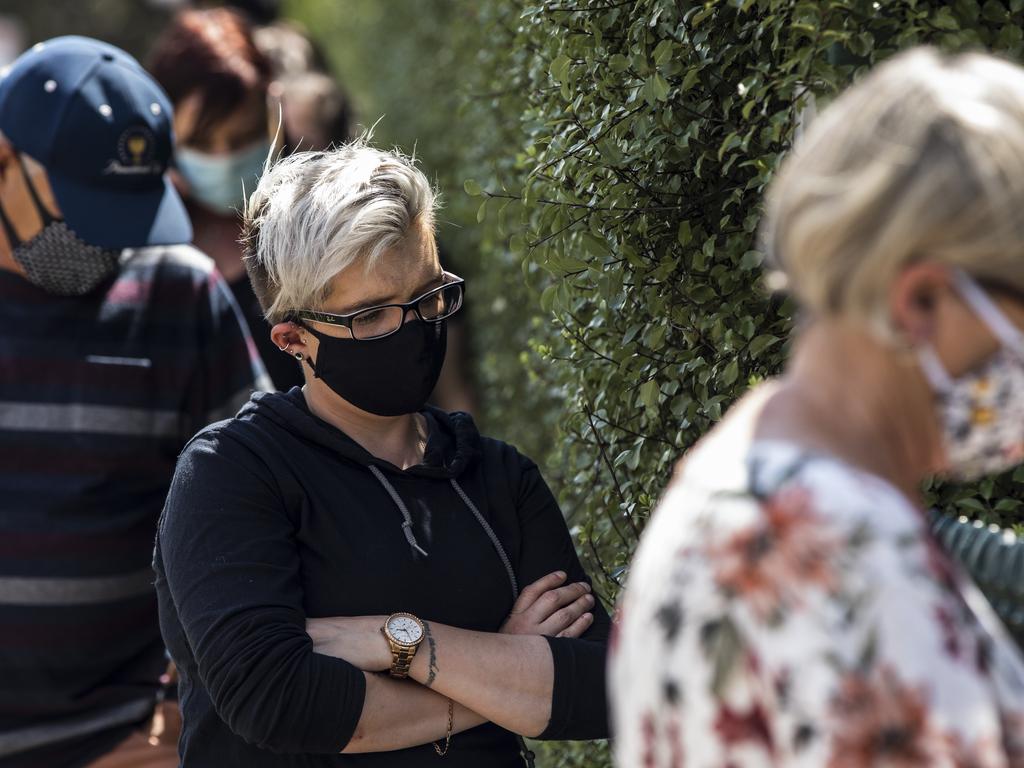
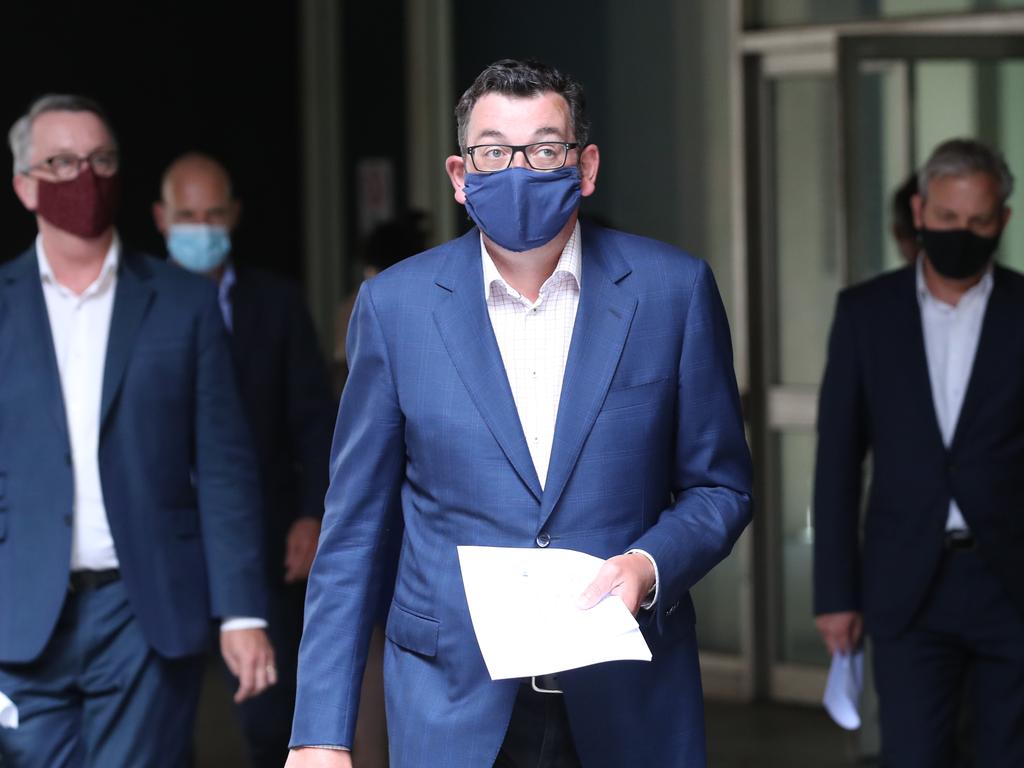
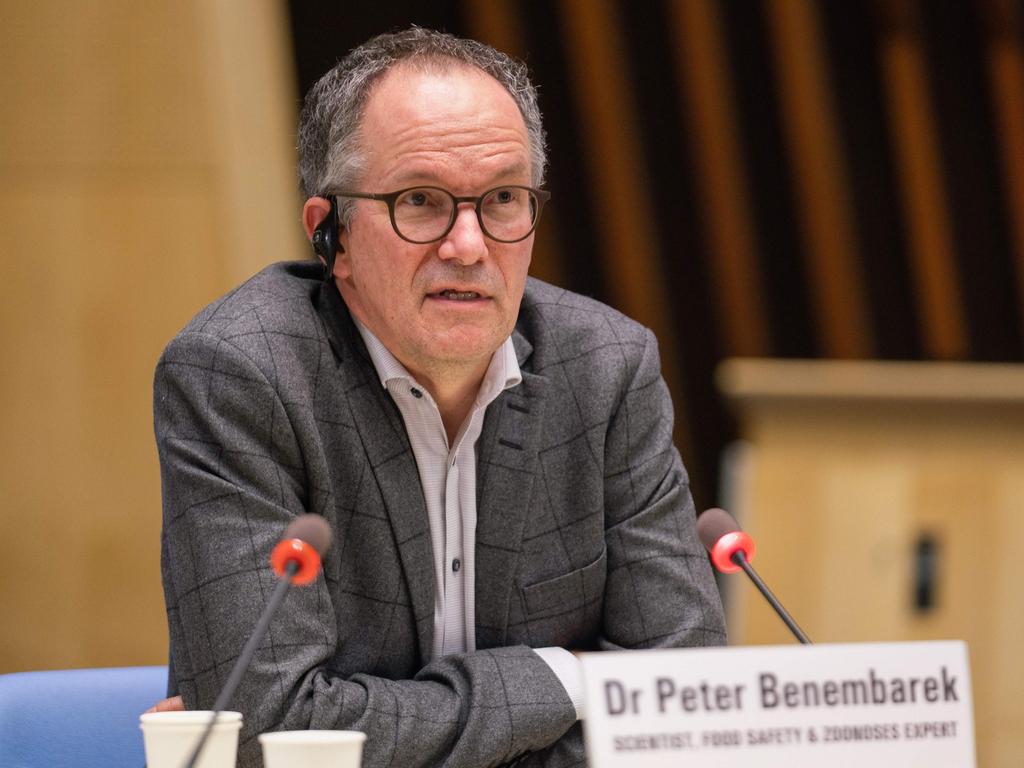



To join the conversation, please log in. Don't have an account? Register
Join the conversation, you are commenting as Logout